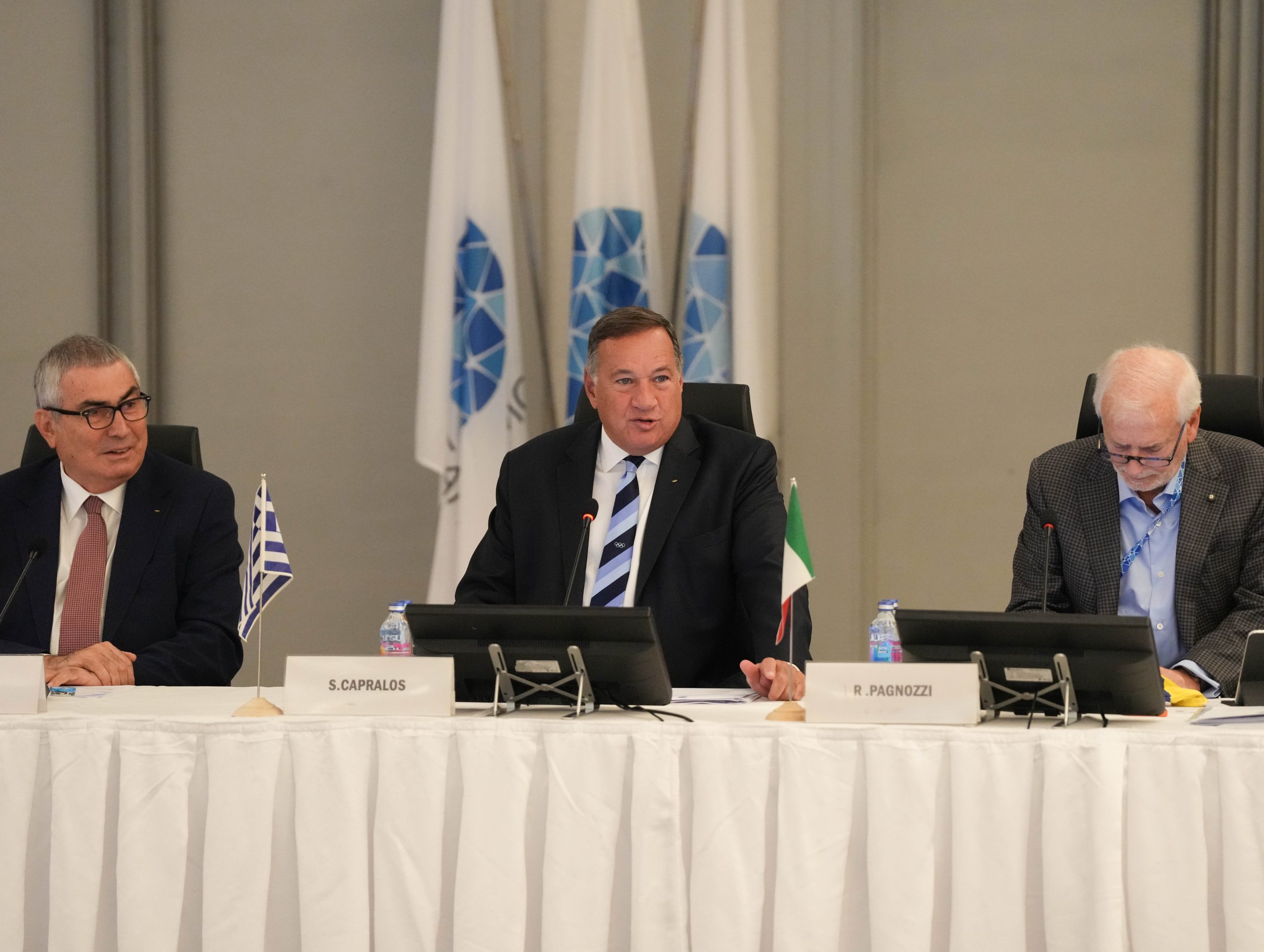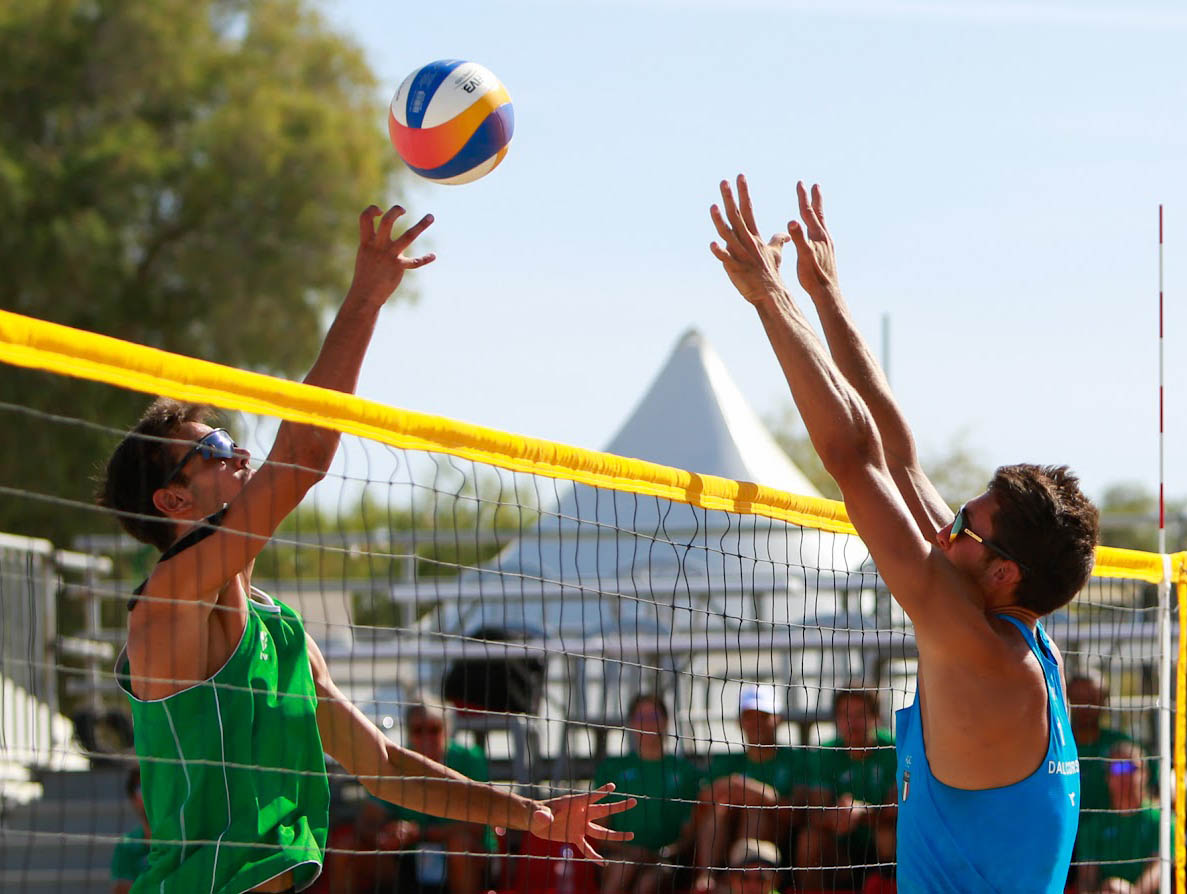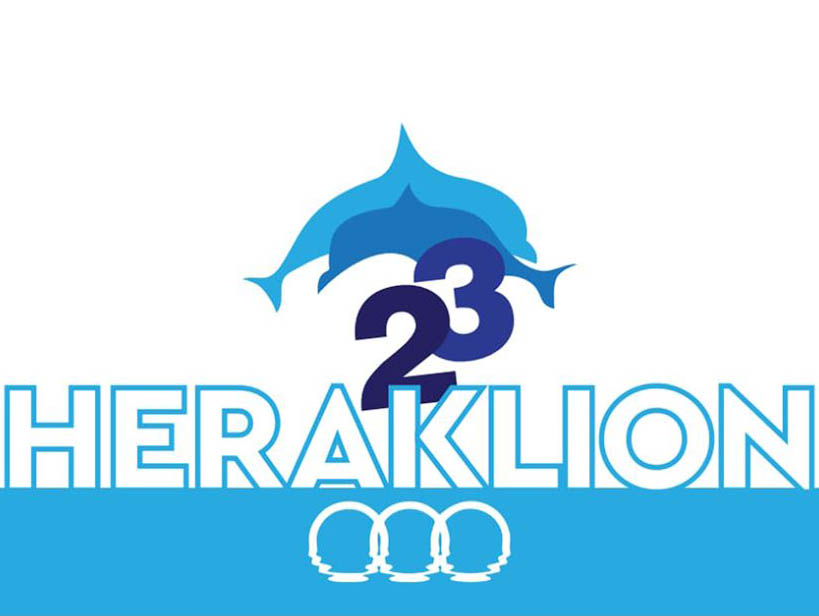1. British Council presidency
On 1st July the United Kingdom took over presidency of the Council from Luxembourg.
One of the first aims of the presidency will be agreement on the financial framework from 2007. Membership negotiations with Turkey are to begin promptly in October. Discussions on the Services Directive are continuing although it is doubtful that agreement will be reached during the British presidency of the Council.
The meeting of Sports Ministers scheduled for 19th and 20th September in Liverpool will, as things currently stand, deal with the subjects of anti-doping, anti-discrimination, voluntary work and health.
Besides, the British presidency intends to place emphasis on the problems of restrictions on foreigners in amateur sport. The European Commission has pointed out several times that sports association regulations which discriminate against EU citizens are incompatible with EU law, including in the amateur sports sector.
2. Communication on youth policy
The European Commission has approved a communication on the subject of “European youth policy”. This text is a follow-up to the European Youth Pact, which was adopted by the European Council in March 2005. This pact makes young peoples concerns a priority of the renewed Lisbon partnership for growth and employment. Within the framework of the pact, actions are proposed in favour of young people in the areas of employment, integration and social advancement, general education and vocational training, mobility and reconciling working and family life. The European Council emphasised the fact that the success of the pact also depends on the cooperation of all those involved, first and foremost youth organisations and the young people themselves.
The Commission communication calls on the Member States to consult young people when it comes to developing measures for the pact and following up its implementation.
proposed by the EP, then the Council adopts a Common Position. The legislative proposal will then enter the stage of the second reading.
3. EU-council for Health and Consumer Protection
The Council of the European Union for employment, social policy, health and consumer protection gave a statement on obesity, nutrition and physical activity during its meeting in June.
In its conclusions, the Council of the EU expresses its concern on the rise in obesity prevalence rates throughout the EU, and particularly among children. The Council recognises the potential which the promotion of healthy diets and physical activity has for reducing the risk for a number of diseases and conditions, such as obesity, heart disease, diabetes, stroke, osteoporosis and certain forms of cancer and in addition considerably improving the quality of life.
The Council of the EU is aware that physical activity is considered to be an integral part of a healthy lifestyle and that learning to enjoy sport and physical activity at school and during leisure time, as well as starting education about healthy living at an early age is of utmost importance.
The Council of the EU welcomes the recent launch by the Commission of the European Platform for Action on diet, physical activity and health and furthermore informs that in the course of this year the European Commission will prepare a Green Paper on nutrition, physical activity and health.
4. Dialogue with civil society on enlargement
The European Commission has decided to open a dialogue between civil society in the EU and the accession countries. The aim is to create and strengthen contacts between the civil societies in the Member States and the accession countries. Over and above that, the Commission wants to respond to misgivings, increase mutual understanding and, in general, stimulate the expansion debate in society.
The long-term aim is to prepare all citizens in the EU and in the candidate countries of Turkey and Croatia for membership.
From 2006 the Commission will provide funds for new bilateral exchange projects for participants from the EU and Turkey as part of the existing lead-up programmes for accession countries. In this connection, approximately 40 million EU are earmarked for 2006.
The Commission hopes that the general public, private institutions and civil society organisations in the EU and accession countries will contribute to this dialogue.

















